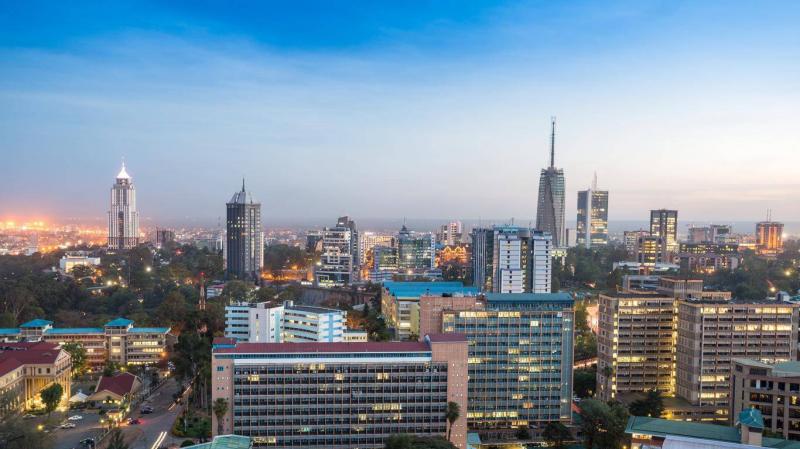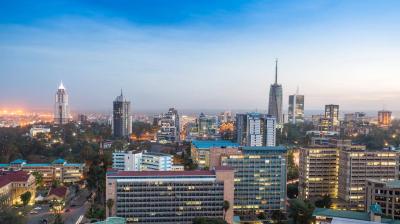The next day, Nairobi. I was expecting an African capital. Streets of dust, houses of clay, and old trucks transporting children and vegetables. Instead, I was greeted by a city more modern than Beirut in its center. Beautiful women adorned in colonial colors and the tan of freedom, which would be officially declared precisely in 12 days. December 12, 1963. It would be the greatest independence celebration I had ever witnessed, or read about, to this day: around 200 Africans singing and dancing, the ground shaking beneath them, and cheers rising to the "Kilimanjaro" mountains and the tales of Ernest Hemingway.
The seated spectators were also in the thousands, equal on wooden benches. I casually glanced to my side, about two meters away, and recognized a very familiar face: the Syrian Vice President and Vice President of the Ba'ath Party, Michel Aflaq. He would be assassinated in Paris without ever attaining any presidency. He was always solemn. And always right. I greeted Professor Salah, who was surprised to see another Arab among the thousands, but did not wonder who the other guest was, and I continued to watch the tribes and the colorful masks, and the noise of the forests, as they gathered joyfully shouting behind Africa's giant, Jomo Kenyatta: Harambe.
Every street in Nairobi erupted with celebration. A world is closing while another begins. Black Africa rises, but the road is difficult and long. When I asked an East African air hostess if she was happy about independence, she replied dryly: "Not at all. The British should have taught us more before they ran away from Kenyatta." Everything was still small in size. Even the square where the official festivities took place, where the Duke of Edinburgh delivered the Queen's speech, and Kenyatta spoke for the fighters. My place among the attendees was in the third row. Who was beside me this time? Kenyatta's opponent and Vice President Tom Mboya, who was friendly, humble, and especially surprised by the presence of an Arab journalist he recognized from a photograph.
Soon, the world would hear of the assassination of young Tom Mboya in the ultra-modern city center. Independence cannot tolerate two leaders. Nor can freedom. The European communities had begun preparing to leave. So had the Asian communities. Interestingly, the Lebanese were the minority here, unlike in every other place. We were hosted by Yemeni traders we got to know. They told us they were the largest community and shared with us history, poetry, and elements of both Arab and Arabized culture.




